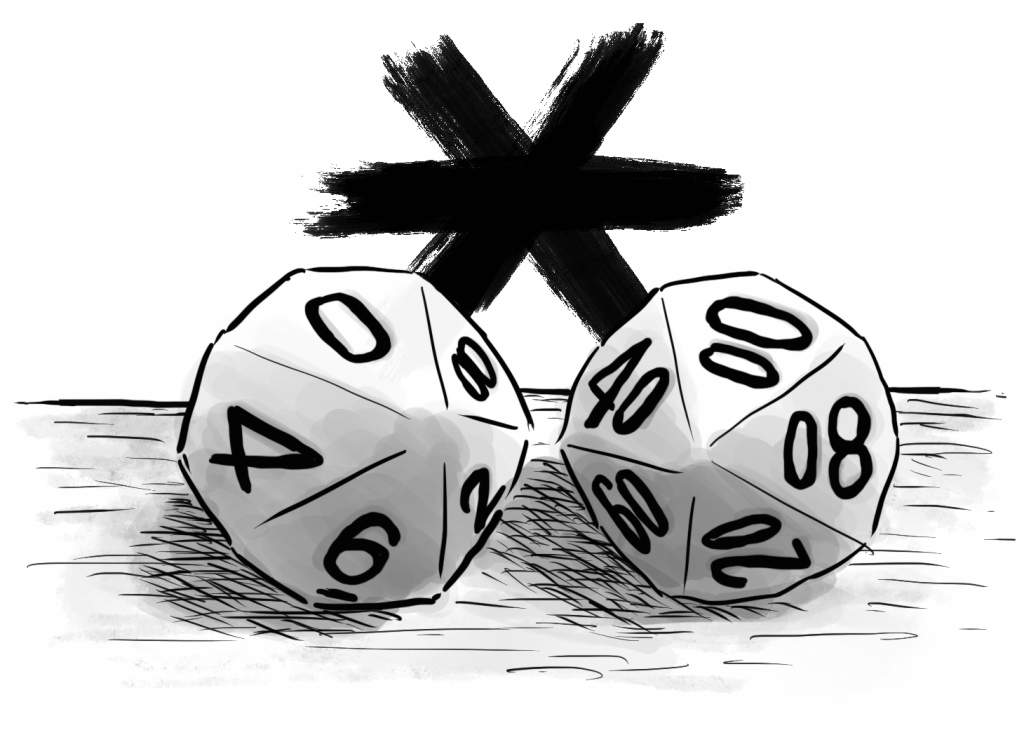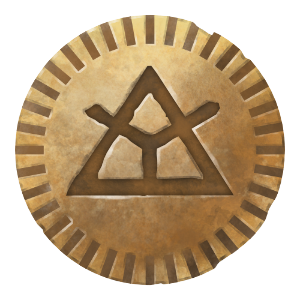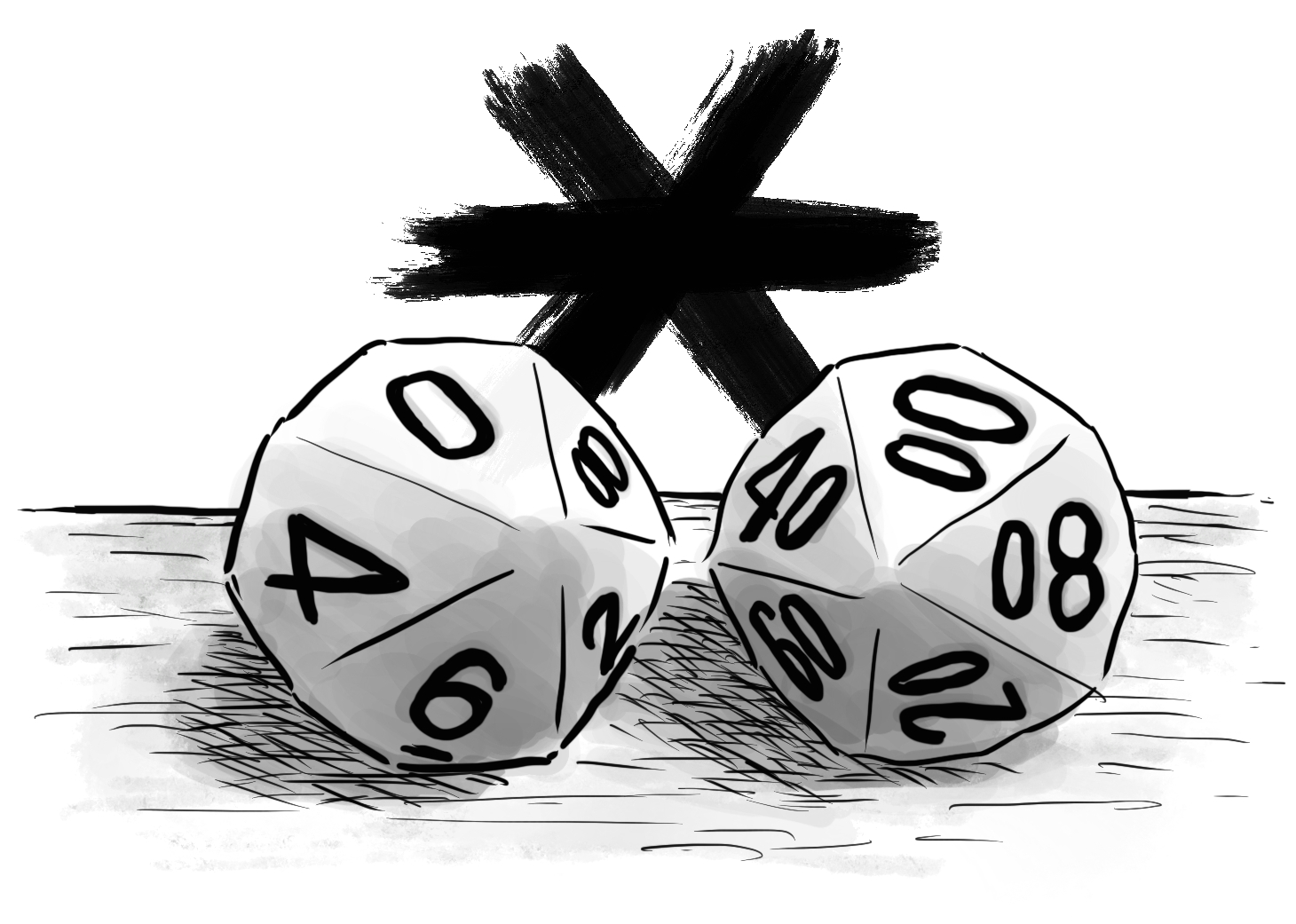
Runic Rants is an irregular series of thoughts, opinions, and experiments about RuneQuest.
Today’s Runic Rants column isn’t about RuneQuest rules, but about general gaming in Glorantha.
There’s a lot of straightforward advice out there for introducing new players to Glorantha (start small, keep it simple, and so on), but these are often geared towards these players being handled by a gamemaster who is already familiar with Glorantha. I didn’t find so much advice for when the gamemasters themselves are new to the setting… so what’s a Glorantha newbie gamemaster to do?
Well, my advice begins in a pretty similar way: start small, keep it simple, and so on. Between the fabulous Quickstart adventure, the excellent Gamemaster Screen Adventures book, and the great new Starter Set, you should have everything you need.
But Glorantha is a big and complicated setting, and as a gamemaster you’re bound to make “mistakes”, or get stuck with something you don’t know. Here’s some advice on that, from my short past couple years of RuneQuest.
When You Don’t Know
Ignore It or Postpone It
The first question to ask yourself is whether you need to know something. A player asks whether Sartarites wear brightly coloured clothes or earthy tones in order to know if they would stand out in the forest? It’s not too relevant because “not standing out in the forest” will be determined by a Hide or Scan roll anyway. You can describe the clothes any way you want, or not describe them at all, without impacting the game…1
If you want, make a note about it and research the topic in the following days. You can then bring it up at the start of the next session, possibly during the recap phase, and now everybody’s on the same page.
Make It Up and Move On
Most often you need to know something right now, because a player is asking a genuine question and your answer will inform their next steps.
The easiest kind of question in this category is the one for which you can make shit up without too many repercussions. The players might want to know if there’s an elf living in Clearwine, because they need some Aldryami translator. Sure! His name is… errr… (here you can fake looking through your notes) Nulye Ferncloak! He lives in the Lower City but often takes a walk through the vineyards, where he acts as a kind of consultant with the Earth Temple. Or something. Note that the most important question to ask yourself here isn’t whether it’s “correct” or not that there is an elf in Clearwine, but whether it’s best for the pacing of the adventure to have this Aldryami translator easily found nearby, or if it’s best to have a side-quest going to, say, Tarndisi’s Grove. And in the very unlikely event that some later published material makes a big deal that there isn’t any elf in Clearwine (so much so that your version of Clearwine having one is a problem), then maybe Nulye Ferncloak has moved away, or he’s very discrete, or something. I’m sure you can figure something out!
Another type of question is the one with multiple possible answers. For instance, the players might want to know if Orlanthi farmers are initiated into Orlanth Thunderous (with access to its magic), or into various cults (with access to various spells), or are simple uninitiated lay members. This is because they’re considering recruiting a few of those farmers to defend their lands against a possible Tusk Rider raid, and they need to know what kind of “firepower” that would represent… Well, just pick something among the few possible answers! Let’s say that, yes, farmers are typically initiates of Orlanth Thunderous. Great, now if the players can convince the farmers, they will have a number of Air Elementals and Thunderbolts to back them up. If you run your combats in a very simulated way, you’ll know the kind of magic that will be thrown around. And if you run your combats in a more narrative way (especially for the NPCs), this will let you describe the scene appropriately, compared to a version where the farmers are mostly brandishing axes and pitchforks.
There are many questions who similarly have only a few possible answers: is our clan riding horses or bisons or zebras or what? Which cult are the chieftain’s bodyguards part of? Do inns have only big common rooms, or individual rooms too? Do shamans only ever live in isolated huts in the wilderness, or do they also live in the city? Just pick whatever answer seems right, given your historical influences, your favourite movies and TV shows, the pacing of the adventure, whether it’s near the end of the game session, and so on.
But what happens if you picked “the wrong answer”? We’ll look at that shortly.
Last, there is the trickier case of the fairly open-ended questions. For example, your players are going to Caladraland in the Holy Country, and you have to expand the write-up of Solung from the one paragraph found in the Guide to Glorantha into a playable adventure site. If an official Caladraland book ever gets published, there is a very high chance that the city of Solung ends up quite different from whatever you invented. But that’s fine! You went there because you wanted to make your own stuff, right?
When You Were “Wrong”
Ok, you have answered many player questions and played through many exciting scenes, but as you read some random Chaosium book you realize you “messed up” and gave incorrect information. What are you going to do?
Acknowledge It, Correct It
The first option is to simply acknowledge the error and see if there’s anything you can do to correct it.
In one of my campaigns, a player asked if they could learn to read and write, and I incorrectly told them that literacy was a cult secret of Lhankor Mhy. Later I realized it wasn’t the case, and that Lhankor Mhy just asks for a lot of money to teach people to read and write. I corrected the information during the following game session, and talked to the player about it. We figured it wasn’t too important since he didn’t have enough money yet anyway. If he had, we might have retroactively added the Read/Write skill to his character sheet. This might have been a slight problem if it could have played a role in the last adventure, but in this case we could have hand-waved it by saying he might have missed the roll anyway.
It’s Local Variation
The second option is to say that whatever the players encountered in the past few sessions is still valid, but is actually uncommon.
For instance, maybe you decided that farmers are typically lay members of Barntar, but you realize they should typically be initiates of Orlanth Thunderous. Or vice versa (who knows, really?) Well, either way, you can say that whatever farmers the players encountered were of one type, but elsewhere it’s different! And in fact, it makes a lot more sense to me to have different traditions in different clans and regions, rather than a uniform world-building.
In the case of Lhankor Mhy temples offering literacy courses, it could also have been a local variation: maybe most temples do indeed let lay members pay for skill training, but somehow the PCs’ local temple is run by elitist assholes who refuse teach the general population. You can transform a simple mistake into a roleplaying and adventuring opportunity! Maybe the PC will now want to become a sage in order to reform this temple!
The “local variation” solution works for many things, too: geographical features, traditions, temples and cults, monsters, animals and plants, magic spells, and so on. When in doubt, just say it was different back there.
NPCs Are People Too
People make mistakes or have different priorities. Weird situations come up.
So maybe these farmers weren’t Orlanth initiates because they failed the requirements… don’t ask, it’s a sensitive subject. Maybe the clan chieftain shouldn’t have given you half the loot, but he was feeling rather generous that day, or underestimated the value of the stuff you took. The next time he sends you on a mission, you’ll definitely get less. Maybe that Lhankor Mhy sage refused to teach your reading and writing because he wanted to take a nap that day, or because there’s a book thief that looks exactly like you. Stranger things have happened!
It’s a Different Glorantha
Sometimes, you’re not really making a “mistake”, you’re just improving the setting!
For instance, maybe your players encounter a Bearwalker (Rune Lord of Odayla) who shapeshifts into a bear several days in a row. Later you realize that they’re only able to do that on a Wildday. You could use the “local variation” option, saying that this Rune Lord knows a special version of the Transform Self spell (meaning that he can maybe teach it to one of the PCs!), but you decide to ignore the rules instead: the spell works any day in your Glorantha. In my book, that’s an improvement! It makes Odayla cultists suck less, and it greatly simplifies having one in the party… who wants to bother tracking the day of week throughout a whole campaign?

Well, as often the case, this ran a lot longer than I thought! But hopefully this advice will appease some of the concerns new gamemasters have about running games in Glorantha. Do you have other concerns? Do you have other advice? Please share!
If you have any comment about this Runic Rant, or some ideas for a future installment, please send them to us!
1 And if your players are the kind to ask for a Hide bonus because they’re wearing dark green clothes, you have other problems! Ask them whether it may actually be the other way around: that a higher Hide skill maybe means the characters has more inconspicuous clothing?



One comment on “Runic Rants: When You Don’t Know”